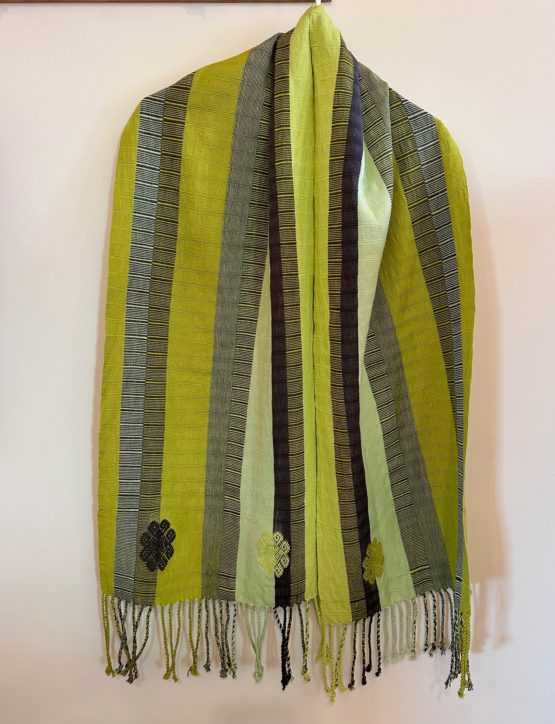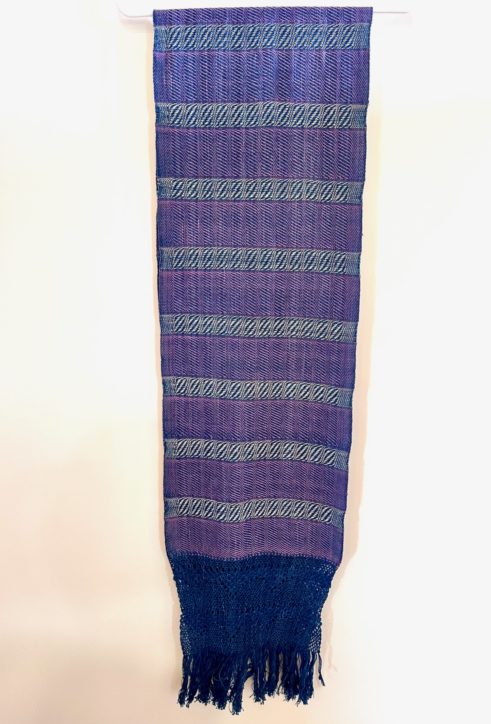Yesterday, Oaxaca government announced that the use of face covers is mandatory throughout the city, that all public squares, where the greatest number of infections occur, will be sanitized, and that police will enforce social distancing to prevent concentrations of crowds. They continue to encourage isolation.
This is good news for Oaxaca.

More face masks are needed. I just ordered 100 masks to be made and mailed to Oaxaca. I am organizing a distribution task to give the masks away starting in the public markets and with street vendors and customers. We have created hang tags for each mask that will explain in Spanish why it is vital to use the mask to prevent the spread of infection and save lives. My goal is to enlist helpers to distribute the masks in Oaxaca and the villages. We will need hundreds of mask and funds to pay local people to hand them out.
Please help me support this effort and make a gift to my PayPal account, designating that it is for the Mask Fund: paypal.me/oaxacaculture or open PayPal, use Send Money to Friends and Family, for oaxacaculture.me

Food Needed for Children and Families
Kay Michaels, owner of Oaxaca Eats Food Tours, tells me this:
Centro Esperanza Infantil / Oaxaca Street Children (CEI) is one of the non-profits that Oaxaca Eats Food Tours supports through a percentage of ticket sales. Dean [Michaels] and I have also donated directly to Oax Street Children They currently support 558 students from kindergarten to college.
Last week, Erich Hansen (you met him at the chef’s party with Kalisa) and I spent about 2,000 pesos at Sam’s Club to buy rice, beans, and oil. We delivered it to Martha Canseco Bennetts – CEI Board Chair and owner of Becari Language School. She delivered it to CEI.
Families also need cash donations in order to afford transportation into Oaxaca. Some of the supported students live 2-4 hours away. Getting in to Oaxaca for donations is quite a journey.

Resources for Giving and A Cry for Help in Oaxaca
- SiKanda.org Solidaridad Internacional Kanda (SiKanda) AC is a Oaxaca non-governmental, and non-profit organization. It was founded ten years ago with the mission of facilitating and leading participatory processes of harmonious and sustainable development to improve the quality of life of people in Oaxaca, Mexico. They are raising money to feed vulnerable families during the COVID-19 crisis. Donate via PayPal from their home page.
- PuenteMexico.org works with 30 communities in the Oaxaca Central Valleys and Mixteca to grow and distribute healthy food, develop sustainable agriculture programs, and provide public health education. They support over 16,000 people. You can donate here.
- Huacal is a food basket delivery service created by Sirilo and Oaxacking that sources food from Abastos Market, packs it into weekly portions, and distributes it now to those in need. It costs 350 pesos to feed a family of 4 each week. You can donate here.

Masks for Oaxaca Hospitals and Clinics
Tlayudona is organizing an effort to create high-quality reusable masks to donate to local hospitals and clinics in Oaxaca. We are looking to create a sustainable effort that will supply local medical personnel with much-needed masks. At the same time, this project will provide living wages for several of Tlayudona´s hosts who no longer have work because of the pandemic. We ask that you donate what you can to support this effort.












